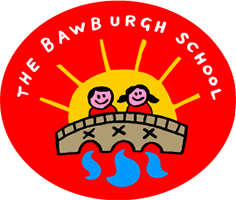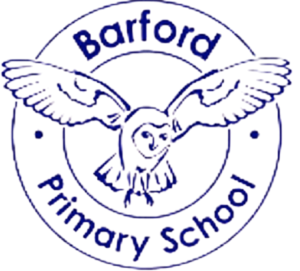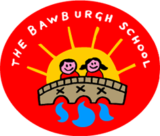Writing at Bawburgh Sept 2022
‘Above and Beyond for All’
Statement of intent:
At The Bawburgh School, we intend to create confident writers who develop stamina for writing throughout school. We aim for all of our children to be independent writers, building on a range of skills as they work through each unit of writing. Throughout this unit, we ensure the children of Bawburgh, are immersed in high quality texts, exposed to a range of genres and have a clear understanding of purpose. Our learners will have a secure understanding of the purpose of a text type, the purpose and intended impact of writing skills/tools and the ability to carefully select vocabulary with careful attention to the desired effect on the readers’ thoughts and feelings. Our learners are challenged and encouraged to take risks and view mistakes as another part of the learning process. Our learners will always set high expectations for themselves where they take pride in all aspects of learning and in everything they produce. Rich texts are at the heart of our teaching and a love for reading is promoted throughout the school.

The Bawburgh School:
- Recognises the effect that a confident, fluent and coherent understanding of English will have on a pupil’s progress, both inside and outside of the school environment.
- Understands how a strong grounding in English will impact the future learning and development of a pupil in all aspects of their life
- Provides a balanced and broad curriculum, which encompasses writing practice, including handwriting, spelling, widening vocabulary, and writing for different styles, purposes, and audiences, as well as focussing on spoken English, reading, grammar and pronunciation.
- Ensures that all staff members are aware of planning, assessment, teaching and learning requirements for the English curriculum.
- Ensures that all pupils know how to plan, practise, evaluate their work as well as carry out an effective edit and improve process.
Ensures that all pupils understand all elements of English, as per the national curriculum.
Pathways to Write
We follow a Mastery approach to English through the programme ‘Pathways to Write.’ Units of work are delivered using high quality texts and children in all year groups are given varied opportunities for writing. Skills are built up through repetition within the units, and children apply these skills in the writing activities provided. Many opportunities for widening children’s vocabulary are given through the Pathways to Write approach and this builds on the extensive work we do in school to provide our children with a rich and varied vocabulary.

It builds on the following stages of teaching:
1) Gateway:
This is an opportunity to hook the pupils into the context of learning and to assess previously taught mastery skills. A short writing task is set at the end of this session to assess the application of Gateway skills. Where pupils are struggling to apply and to use Gateways keys, these are then built into the planning of the unit to ensure more personalised learning.
2) Pathway:
In this section, the Mastery skills are introduced with many opportunities along the way to practise and apply these skills in different writing tasks. The tasks use genres that the pupils will be most familiar with such as character or setting descriptions, dialogue, diary entries, instructions, poetry and sentence work, providing a range of on-going evidence for writing assessment.
3) Writeway:
This final section of the sequence comprises of at least 4 sessions. It begins with sectioning and sequencing texts using a model, before the children are given the opportunity to write at length, independently. Within the Writeaway, pupils are encouraged to plan, write, check, edit, re-draft and publish as required; with the focus on using and applying the mastery skills they have been taught.
Working Walls
These are an extremely important part of the learning process as they provide children with a form of continuous provision they can keep referring to throughout the unit of work. These should detail the skills being taught, give explanations and model examples. These should be written clearly and placed where all children can see them. During the process, the working walls should be referred to regularly and often as a way of modelling their use. The children should see that teachers are using these as a form as of continuous provision. These should remain on the walls for as long as the children need so children are reminded and encouraged to use these skills in other writing.

Spelling
As a school we using Spelling Shed to teach spelling. During spelling lessons, students build on the firm foundations built whilst studying phonics in their early years of education. They will continue to break down spellings into the smallest units of sound and cluster them into syllables, in order to read and write words efficiently. The whole-school scheme of work for spelling gives 100% coverage of the National Curriculum including all statutory words and spelling rules.
Through adult-led discussion and investigation children will become more secure in their knowledge of English orthography based on the frequency and position of the sounds within words. Children will study words; word parts; their meanings and how this affects spelling. There are lessons throughout the scheme that consolidate children’s knowledge of common morphemes such as root formations, prefixes and suffixes. Spelling sessions in Years 1 – 6 are taught discretely at least once a week. These sessions are followed up with weekly activities and homework assignments to reinforce the spelling patterns which have been taught. Pupils take home weekly spellings to learn with a focus on a specific sound/spelling pattern. Weekly testing will ensure that areas of weakness are identified, and appropriate follow up sessions can be planned


